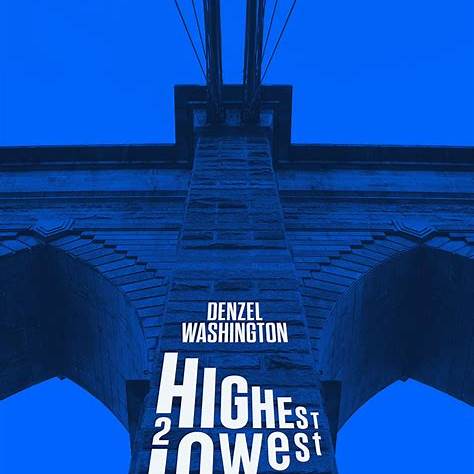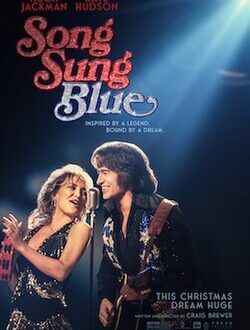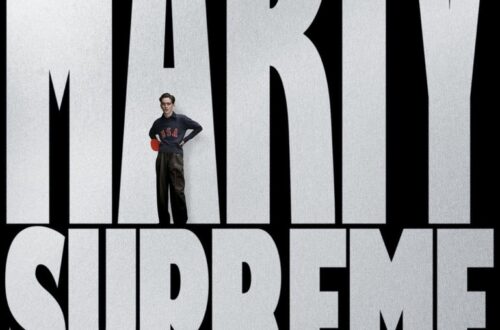Highest 2 Lowest unfolds on the streets of contemporary New York City as a crime thriller deeply rooted in moral conflict and generational tension. Denzel Washington takes on the role of David King, a renowned music executive whose life is turned upside down when his teenage son is believed to have been kidnapped for a staggering ransom. The supposed abduction sends him spiraling into a harrowing moral dilemma, only to discover that the real victim is not his child but the son of his loyal chauffeur and closest friend. This twist thrusts King into a heart-wrenching choice: surrender his wealth and business empire to rescue someone else’s child or preserve what he has built. The drama, though thrilling, resonates far beyond the confines of a conventional crime story.
As the film progresses, Spike Lee explores the mounting tension between artistic integrity and commercialism, as well as the shifting cultural landscape within Black America. King, once hailed for his exceptional ear and deep appreciation for analog sound, now sees his influence wane as AI-generated music and flashy youth culture encroach on the industry he helped shape. The script leverages a kidnapping as a metaphor for these broader changes in society and art, painting King as a bulwark of tradition up against the brash, uncompromising energy of a new generation embodied by a character like the kidnapper, an aspiring drill rapper. The clash between these forces feels urgent and full of emotional weight, and Washington delivers it with the quiet command of someone who has seen too much to flinch from conflict.
When the pace finally picks up, the film erupts into kinetic moments of pursuit and cinematic spectacle. A standout sequence during a Puerto Rican Day Parade sets the tempo with electrifying energy: music, dancing, pulsing color amidst a tense ransom handover. It’s in these sequences that the film’s grand vision shines brightest—cinematic, vibrant, and unafraid to blast its soundtrack across the screen as King attempts to navigate the chaos swirling around him. The cinematography captures the cityscape with textured detail and rhythmic pace, heightening both the thrill of the chase and the heartbreak of the crisis.
Washington’s performance anchors every scene with a layered intensity that is at once worn and potent. His portrayal is that of a man whose public poise masks private fracture, who conveys the weight of legacy, guilt, and dread in small gestures and silent beats. When fury or grief breaks through, it carries the force of someone cornered and grieving—not just for a child, but for everything slipping from his grasp. Though some critics detect moments where his performance feels more technically confident than emotionally invested, Washington nonetheless imbues King with gravitas and complexity.
That said, the movie isn’t without its flaws. Spike Lee’s indulgence in his own cultural references—from his sports fandom to broader symbolic flourishes—occasionally disrupts the narrative momentum, feeling more like a personal signature than seamless storytelling. The film’s critique of modern music culture, while passionate, sometimes veers toward caricature, presenting younger artists as lost or morally bankrupt rather than multi-faceted individuals. This approach may resonate for some as a stand against musical mediocrity and trend dependency, but for others, it feels like a dismissive lampoon of a generation they helped bring forward.
Still, when the story redirects toward its emotional center—when King must confront his own values and reckon with loyalty, privilege, and humanity—the film’s thematic weight lands powerfully. What began as a twisted game of ransom evolves into a meditation on who gets saved and what price is paid for survival. Here, the script achieves its most profound notes, forcing King—and by extension, the audience—to reflect on how we reconcile morality when protected by power.
With lush visuals, a propulsive second act, and Washington’s magnetic presence holding firm, Highest 2 Lowest achieves a stylistic resonance that is, at times, unmistakably Spike Lee. It navigates moral ambiguity with deliberate rhythm and an unflinching eye, even as its execution occasionally missteps under the weight of its own ambition. Yet in the end, the film’s emotional pulse is undeniable. It is not just a thriller but a reckoning. Watching it, one feels the clash of eras, the seduction of legacy, and the ache of choices made in the limelight and in the dark.
That final act, where moral ambiguity gives way to clarity, is what elevates the film. It is not meant to comfort, but to provoke—and when it does, it leaves a lingering resonance that outlasts thriller tropes or stylistic bravado. Spike Lee and Denzel Washington offer not a neat package, but a gritty, tangential ride through New York, culture, and conscience. It may not be perfect, but it is utterly alive in its imperfections, a film that challenges as much as it entertains—and in today’s landscape, that is its most enduring achievement.




